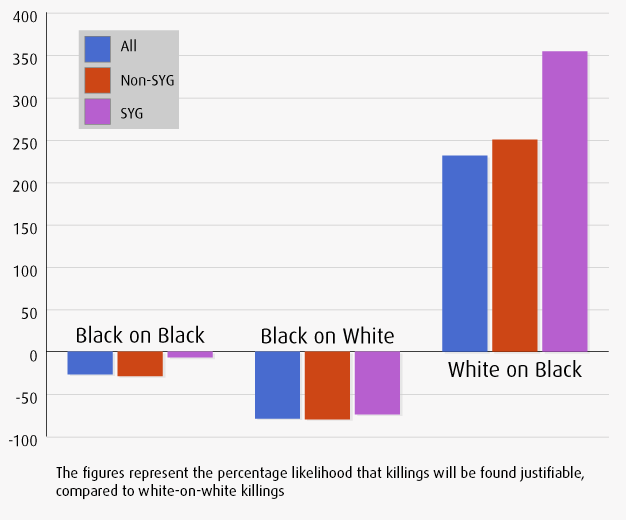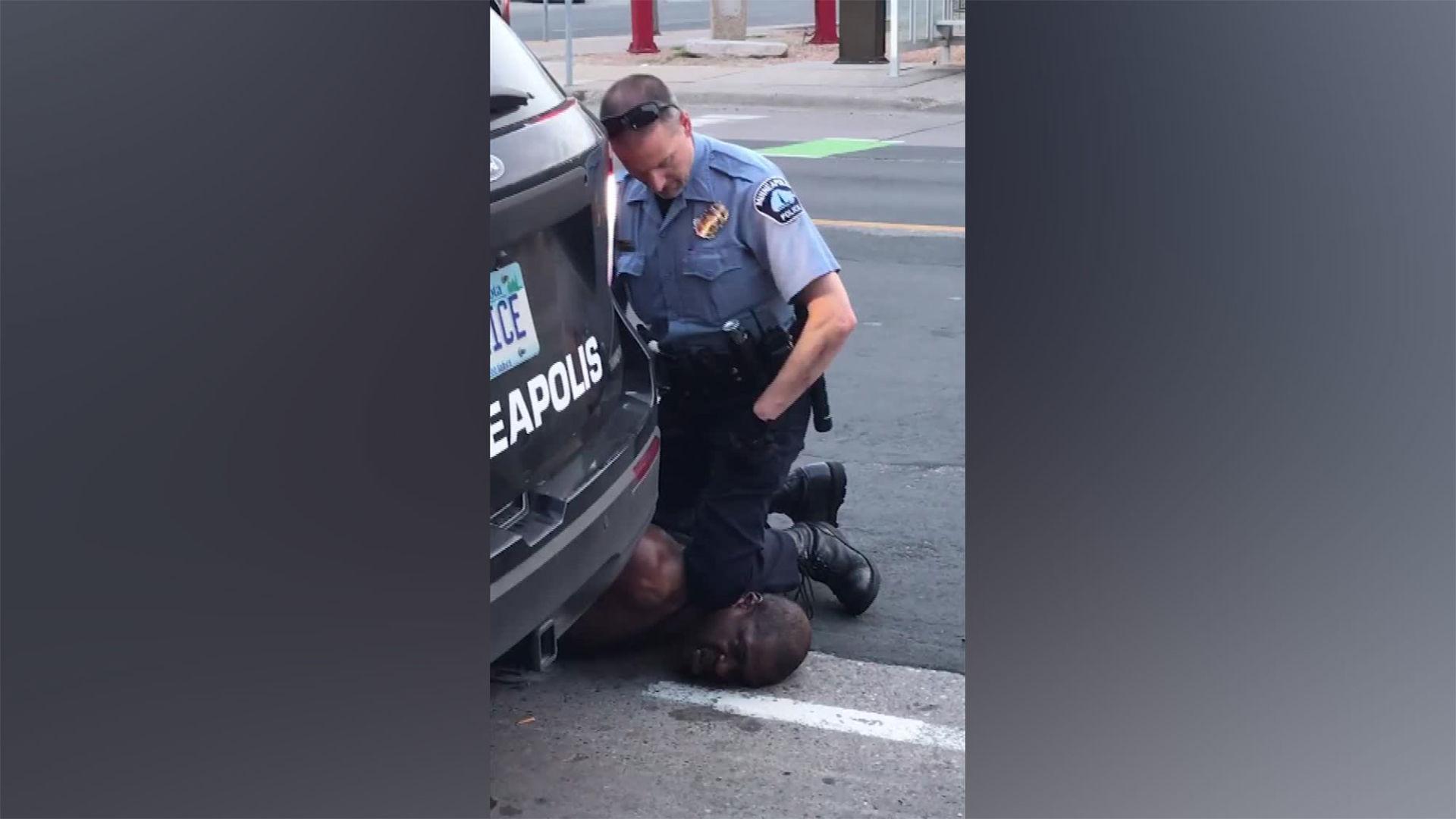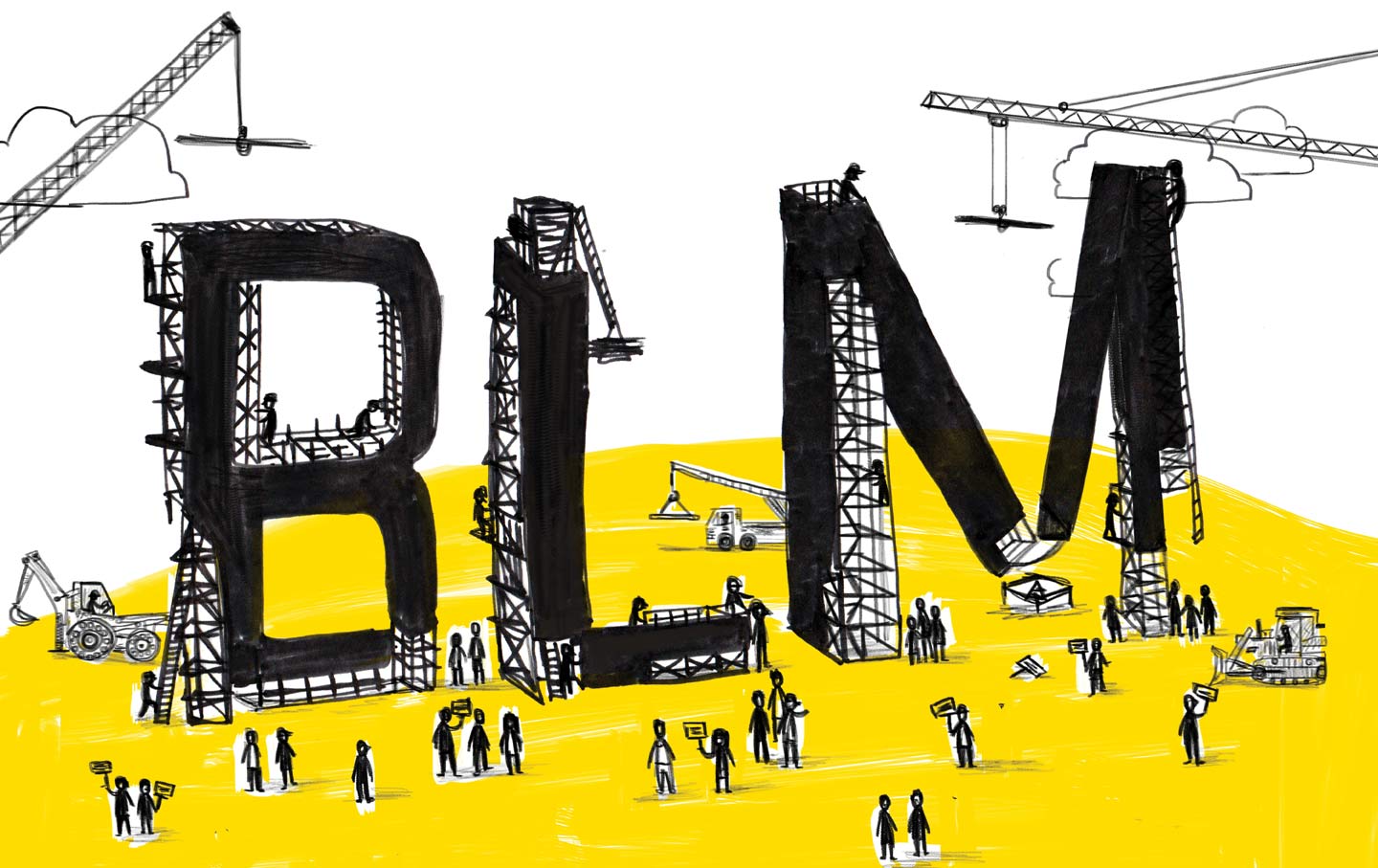Dear Pastor,
As much as I appreciated the Monopoly comparison, it fell a bit short for me. First, slavery was only for 200 years in the United States, not four hundred as you seemed to imply. Second, we have moved beyond the racism of slavery and Jim Crow laws. Under the law all people are supposed to be treated equally. I know that does not always happen, but it is the ideal we aspire to. I am disheartened at seeing a resurgence of racism in our country, but those seem like isolated acts. Yes there are some bad cops out there, and some people who are just overtly racist, but surely we have come a long since the Civil Rights Act of 1964. In many places there is a thriving Black middle class, and an increase in Black owned businesses in America. Black owned businesses in the United States increased 34.5% between 2007 and 2012 totaling 2.6 million Black firms. (https://blackdemographics.com/economics/black-owned-businesses/)
I work with a lot of people, and none ever use the N-word, and I cannot imagine they ever would. My parents taught me to treat all people equally, and I do. I am colorblind. I don’t look at a person’s race, I try, in the words of Martin Luther King Jr, to judge them by “the content of their character.” I think that is the only thing we can really do to help Black people in America. As long as we go around sticking people into racial categories we will see racism, on all sides.
I am not a racist, nor do I believe our country is racist. Most of our problems are caused by the bad actors on both sides.
Anyway, that is my two cents. I look forward to hearing your reply.
Yours in Christ,
Randy
#
Dear Randy 3
Randy,
I appreciate you staying with this conversation. These are very difficult questions, and I don’t think anyone has “The Answer,” but I believe that if we can have meaningful discussion on these issues, we can actually get somewhere.
While things are certainly better than they were in 1864, or 1934, or 1964. But that is all relative. If I am on fire, it is better to have the fire put out, but that does not mean I am all hunky-dory once the fire is out.
For example you mentioned the increase in Black-owned businesses. I notice that you did not cite the other statistics. “More than 95% of these businesses are mostly sole proprietorship or partnerships which have no paid employees.” It is good that there are more Black-owned businesses but it would be even better if the majority were able to provide jobs or other people.

A 1997 report showed that while minority-owned firms make up 15 percent of the nation’s businesses, they only generated 3 percent of all receipts. (https://www.mbda.gov/page/state-minority-business-enterprise-smobe-data-state)
You mentioned racism, and I want to respond to that. The problem with the word “racist” is that it brings to mind someone wearing a hood and burning a cross, or a neo-Nazi, or someone who uses racial slurs to describe people of color. If only that were the case! Not all racists are mean people. There is a benign racism, where people keep it to themselves, yet act in subtle ways that belie the notion of a color blind society.
Let’s do a thought experiment. Imagine Trayvan Martin is walking home, eating Skittles in his hoodie, through an upscale neighborhood. George Zimmerman, a resident of the neighborhood sees him, and thinks he is up to no good. He stops Martin, and demands to know why he is in “our” neighborhood. He threatens to call the p0lice, and have Martin arrested. So Martin pulls a gun from the pocket of his hoodie, shoots and kills Zimmerman.

Do you think Martin would be treated the same way Zimmerman was? Remember, he was acquitted by a jury of his peers. Would Martin be able to say, “I was standing my ground,” and get off, like Zimmerman did?
I cannot imagine a court where he would walk away scot-free if he shot Zimmerman. A study was done on the Stand Your Ground defense, and the researcher discovered that:
In non-Stand Your Ground states, whites are 250 percent more likely to be found justified in killing a black person than a white person who kills another white person; in Stand Your Ground states, that number jumps to 354 percent. (https://www.pbs.org/wgbh/frontline/article/is-there-racial-bias-in-stand-your-ground-laws/)
It is clear that when it comes to shootings, our system is biased against Black males. That is just one way it is biased.
I’m going to surprise you here. I am a racist. No, I don’t wear a hood or a swastika, I never knowingly use racial slurs. I am not mean to people of color. So what makes me a racist?
As you know I am a voracious reader. I probably have a thousand or so books. I have novels by American, German, Russian, English, Latin American, French, Italian, and Indian authors. I am probably leaving out some nationalities. But I have exactly one novel by a Black writer. One.

I have books on theology written by German, English, American, Australian and Latin American authors. I have, maybe two books written by Black theologians. Why do I have this gap in my library? While it is true there are fewer Black theologians than White theologians, there are more than few excellent theologians, one of whom I took classes with at when I was at Duke. I actually had to google Black theologians to come up with some names. That is a whole segment of the American Theological experience that I am willfully ignorant of.
Again I have to ask, why this gap in my library? It is because somewhere deep inside of me, I must have thought that books by Black theologians are not worth reading. I never voiced that openly, but it is true. (My wife pointed that out to me, by the way, and I am slowly remedying that situation.)
I don’t like to think of myself as a racist, but in some really important ways, I am.
I’ll tell you another story, one I am deeply ashamed of. When I was in seminary, I was assigned to do a presentation with a Black classmate. We were doing a report to the class on a book. I remember thinking, “I may have to carry this discussion, so I better be prepared to talk about both my part and his.” I volunteered to do the first part of the book, thinking that if he bombed, I could pick up the slack at the onset.
He blew me out of the water. I worked really hard on my section, and was prepared to talk about his, but once he opened his mouth, I realized that he knew and could discuss the book at a much higher level than I could. He knew the material better than I did, and could relate it to other theologies better than I could. I was humbled and ashamed of my attitude toward his intellect.
You see, when we only think of racists as being really bad people, we ignore the things good peopled do that are racist. We make the idea of being a racist so evil, that no one, even died in the wool Klansmen and White supremacist, will admit their racism. I am a good person, we tell ourselves. I can’t be racist. No one will admit to being racist because racist are clearly the bottom feeders of life. And because we don’t use the N-word, we congratulate ourselves on how enlightened we are when it comes to race.
And we miss what is really going on in the world.
I just realized this email has turned out to be a sermon. Sorry for that! Occupational hazard, I guess.
Anyway I am looking forward to your reaction to all this.
Yours in Christ
Pastor Murray









